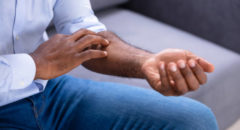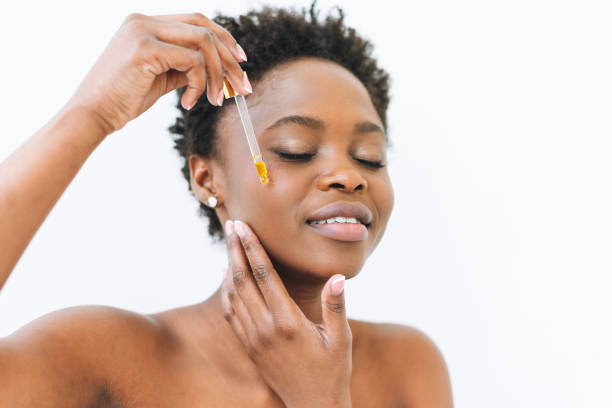
While it can be handy to create your own at-home skincare routine using the products at hand, that doesn’t mean it’s safe for your skin. In fact, a few of the popular hacks that you’ve heard of might be doing more harm than good. Let’s take a closer look at 6 of the common suggestions.
1. Lemon Juice
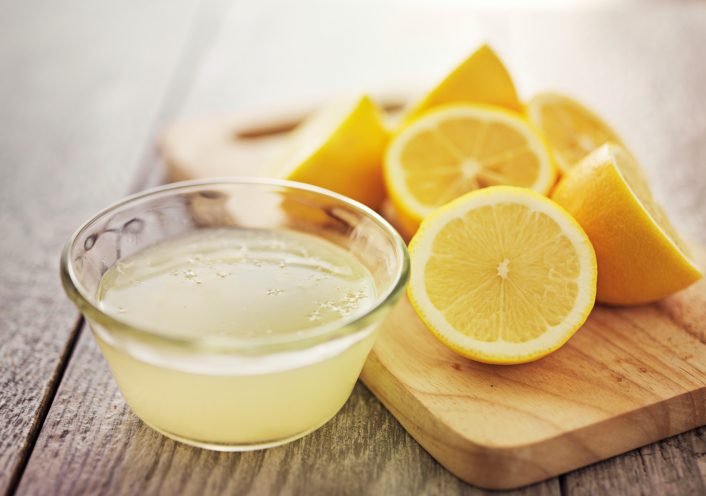
Based on its acidic properties, lemon juice has been suggested as a natural treatment for acne, psoriasis, dark spots, and fungal rashes.
The theory is that the citric acid in lemons can reduce inflammation and microbial activity. However, the acid in lemons can be so harsh that it dries out and irritates your skin.
Irritated skin is more likely to develop rashes, which is exactly what you’re trying to avoid. Additionally, using lemon juice on your skin can result in dark spots after you’ve been in the sun for a while.
2. Baking Soda
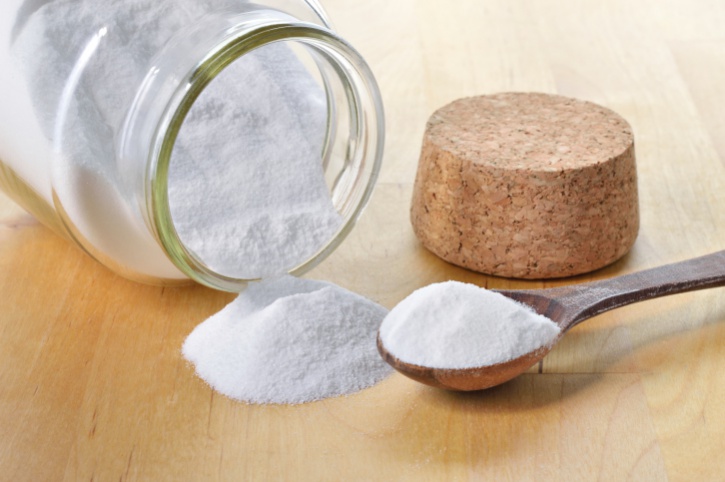
In many cases, baking soda is recommended for soothing irritated skin. It’s been said to relieve itchiness, redness, and mild pain when you use a baking soda paste.
According to research, though, the alkaline nature of baking soda can disrupt the 5.5 pH level of healthy skin. The end result is that your skin can be drier and less healthy if you use baking soda on it.
RELATED: The Real Issue With Your Skincare Regimen
3. Garlic

Garlic is renowned for its antimicrobial properties so a lot of people recommend using it to treat acne. Whether it’s the raw juice or combined with other ingredients like yogurt, there seem to be many options to choose from.
In a recent study, though, it was shown that using garlic directly on the skin can cause inflammation, blisters, lesions, redness, rashes, and worsened eczema.
4. Toothpaste
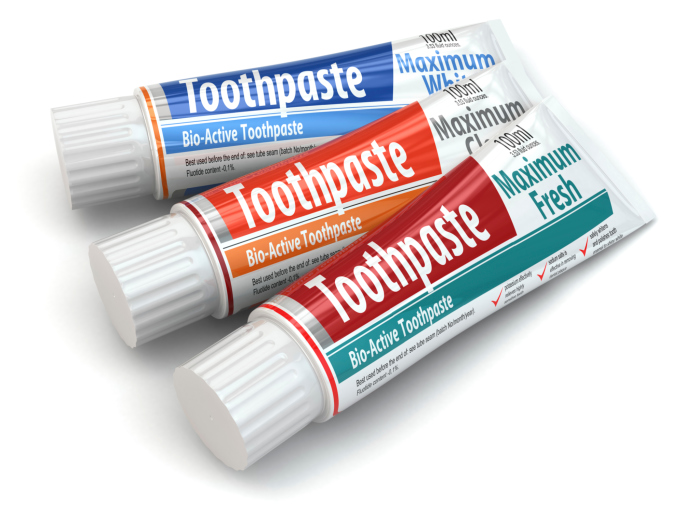
Toothpaste has long been touted as an easy treatment for pimples because it’s supposed to kill microbes and absorb oil. It’s important to remember that toothpaste is formulated for your teeth and your sensitive skin.
Using it as part of skincare can upset the delicate pH balance of your skin and dry it out. You might end up with more pimples than you started with.
5. Sugar

If you’re looking for a gentle exfoliant, you might have seen many suggestions for different sugar blends. However, the large crystals in sugar can damage the skin - especially on your face. This damage can lead to redness, irritation, and dryness. Worse yet, the small cuts in your skin can leave you open to bacterial infections that lead to acne.
6. Vitamin E

With its strong antioxidant and anti-inflammatory properties, Vitamin E is often suggested for reducing inflammation, scarring from acne, and the signs of aging. Some people even leave it on their faces overnight. While others have seen the benefits of using Vitamin E, there are those who get irritated skin instead.
RELATED: Creating Your Fall Wellness Routine
Better Ways To Take Care Of Your Skin
Depending on what you’re dealing with, some over-the-counter products have exactly what you need. For example, you can treat acne with skincare products that contain salicylic acid, benzoyl peroxide, alpha hydroxy acids, adapalene, or tea tree oil. For blemishes, scars, and dark spots you can try products with silicone, honey, Vitamin C, niacinamide, and retinoic acid. It’s also important to note that taking care of your skin doesn’t just include using skincare products. Protecting your skin from sun damage and avoiding irritants can go a long way to maintaining healthy skin.
When To See A Doctor
If using at-home remedies or over-the-counter products hasn’t helped you, then it’s possible that you’re dealing with a skin condition that needs a doctor’s attention. This is also true if the issue seems to be getting worse instead of better. Before seeing the doctor, gather any information you can that will be helpful for a diagnosis. For example, some skin conditions like eczema can flare up under certain conditions like a dry environment, eating specific foods, and coming in contact with irritating chemicals.
It’s a good idea to have affordable skincare alternatives in your arsenal but not all of them will work for you. You should still do your research and try suggested routines on small areas of skin before going all in. If you notice that your skin issues aren’t getting any better, then it’s time to see a doctor.






